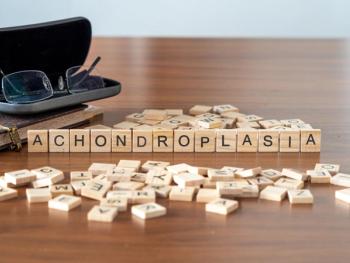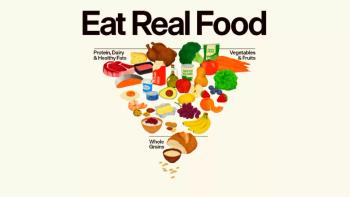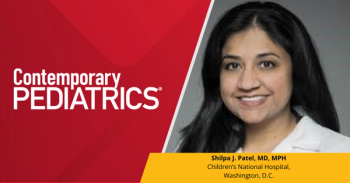
Tanya Altmann, MD, dicusses the implications of California AB 899 on infant formula
Tanya Altmann, MD, discusses California's AB 899 law requiring baby food heavy metal testing, urging a balance between safety and maintaining nutrition quality.
At the 2024 American Academy of Pediatrics National Conference & Exhibition, Tanya Altmann, MD, a pediatrician based in Southern California and spokesperson for the American Academy of Pediatrics, discussed California's newly implemented AB 899, a law that mandates baby food manufacturers to routinely test for heavy metals such as lead, arsenic, cadmium, and mercury. Altmann expressed support for the law, while also addressing potential challenges associated with its implementation.
"Essentially the new law is going to require baby food manufacturers to monthly check their baby food for heavy metals including lead, arsenic, cadmium, and mercury," Altmann explained. These metals, while harmful, are naturally occurring in the Earth's crust and can enter food products through the manufacturing and packaging processes. She emphasized that these contaminants are not unique to processed baby food, stating, "Sweet potatoes in the grocery store aren't tested and have labels for their amount of heavy metal. So it doesn’t necessarily mean that making baby food at home is going to be healthier."
Altmann highlighted the work of organizations such as the Clean Label Project, which have tested baby food and infant formula for heavy metals and other contaminants for years. "I know that as a pediatrician I've always recommended that parents look for Clean Label Project certified foods because that helps give parents that comfort that there aren't other heavy metals, plasticizers, toxins in their baby food that you really don’t want there," she shared.
While Altmann supports transparency and stricter regulations, she acknowledged that this law will raise questions among parents. "It is going to bring up a lot more questions that parents are going to ask pediatricians such as what is the lowest safest threshold for these heavy metals? I don't know that we know that yet." She stressed the importance of pediatricians staying informed to answer these inquiries effectively.
Moreover, Altmann cautioned against the possibility of manufacturers diluting the nutritional content of baby food to meet the new requirements, underscoring the need to maintain a balance. "I am concerned that some companies may start diluting the nutrition in order to lower that heavy metal content. So it’s going to be that balance. You always want nutrient-rich foods."
In conclusion, while AB 899 represents a significant step toward safer baby food, it also presents complexities that both parents and pediatricians will need to navigate carefully.
Newsletter
Access practical, evidence-based guidance to support better care for our youngest patients. Join our email list for the latest clinical updates.








